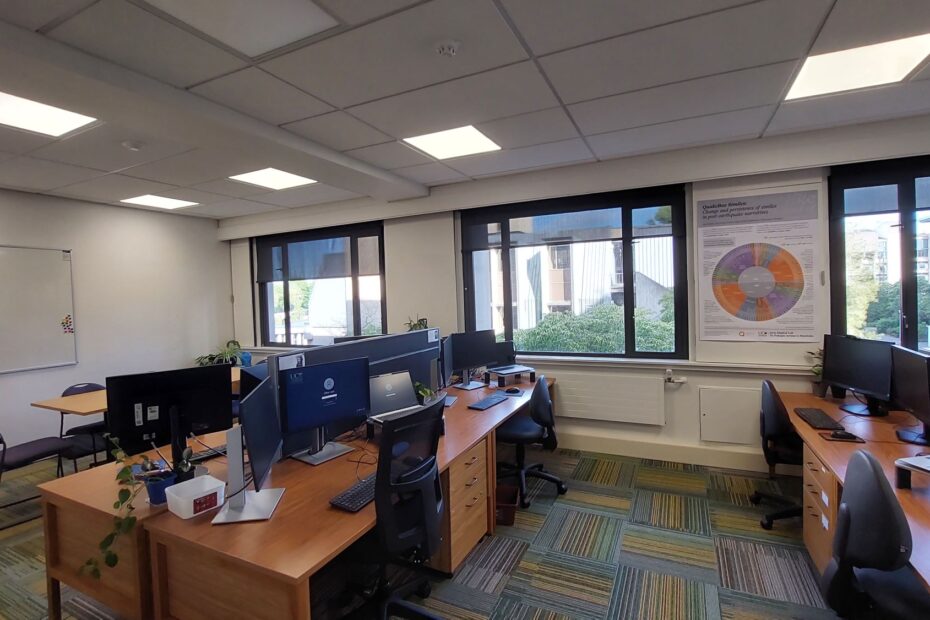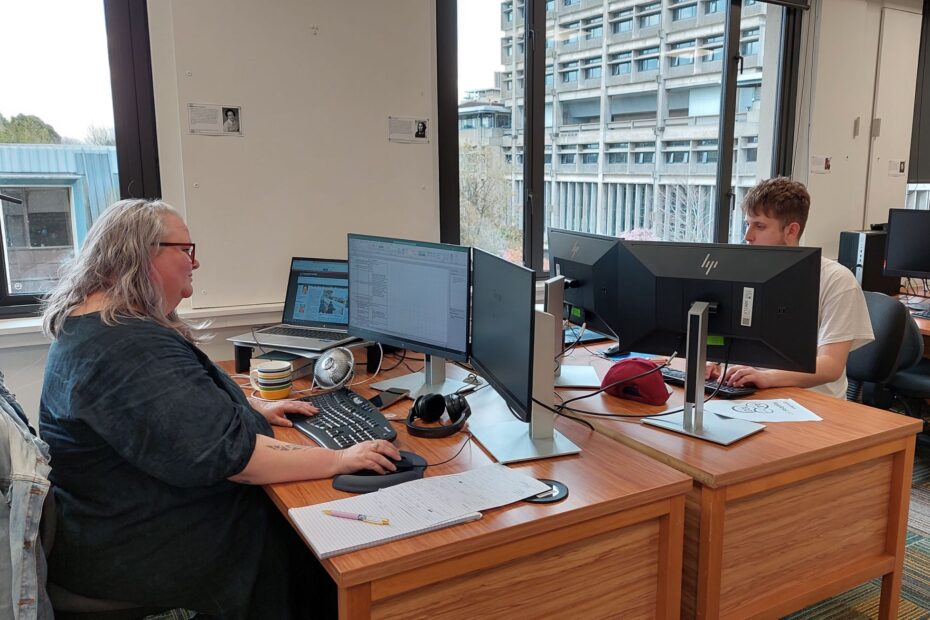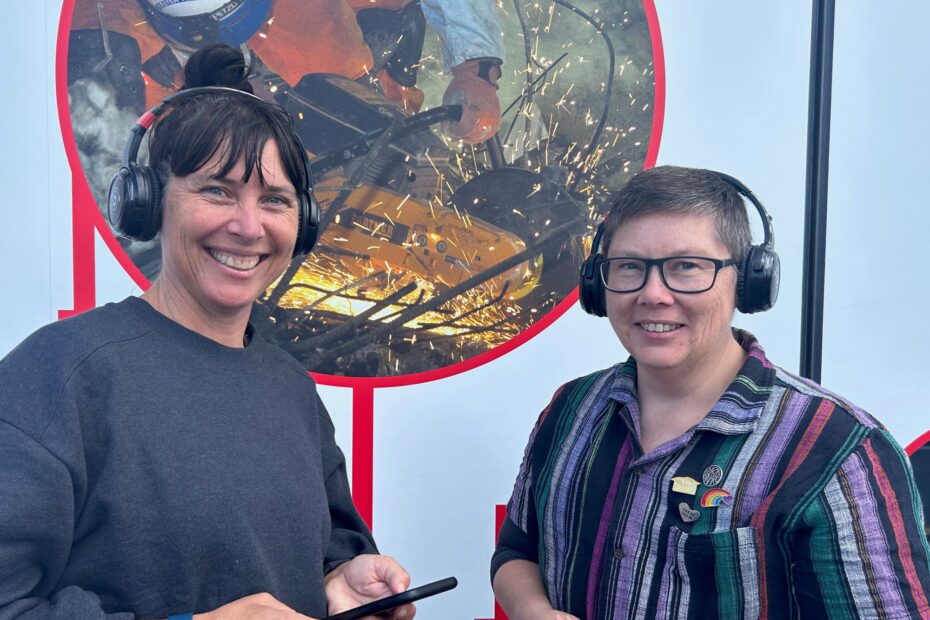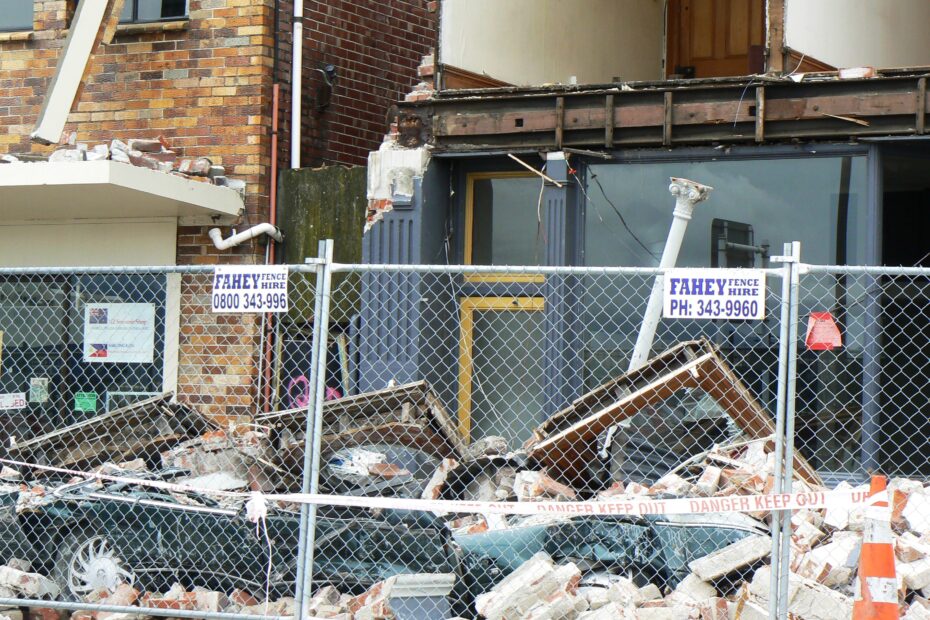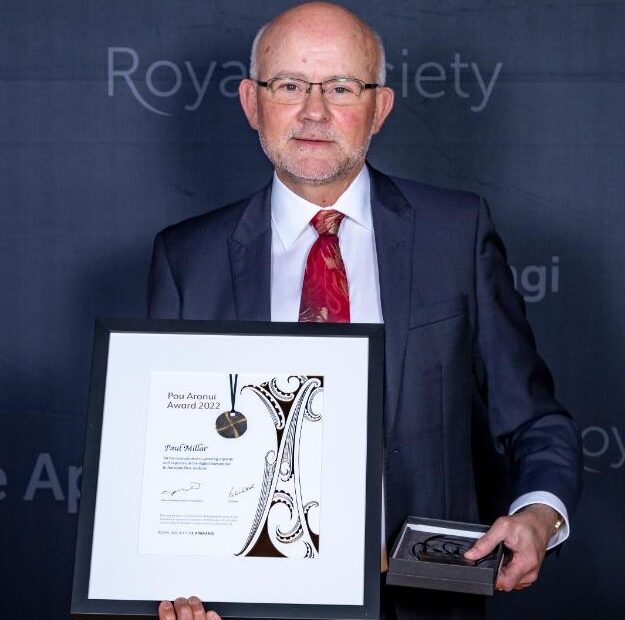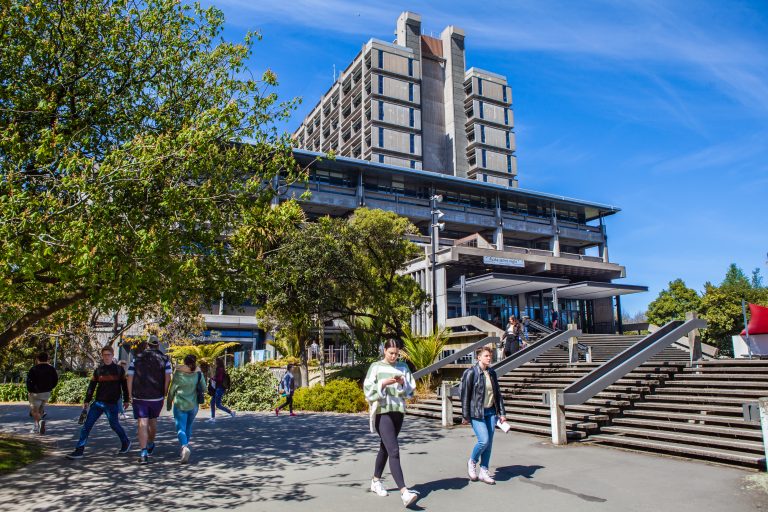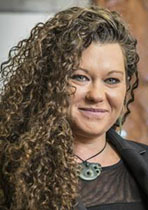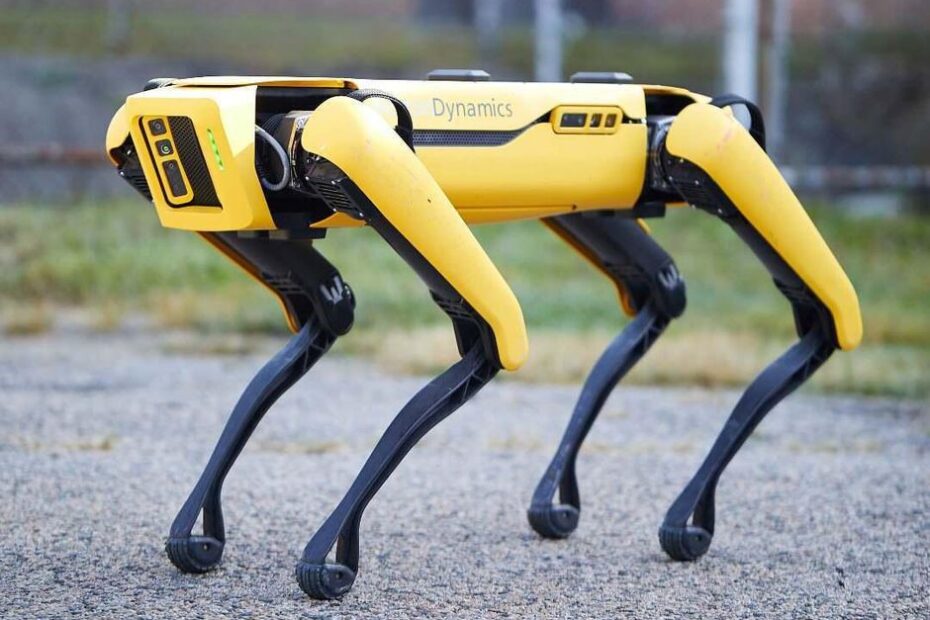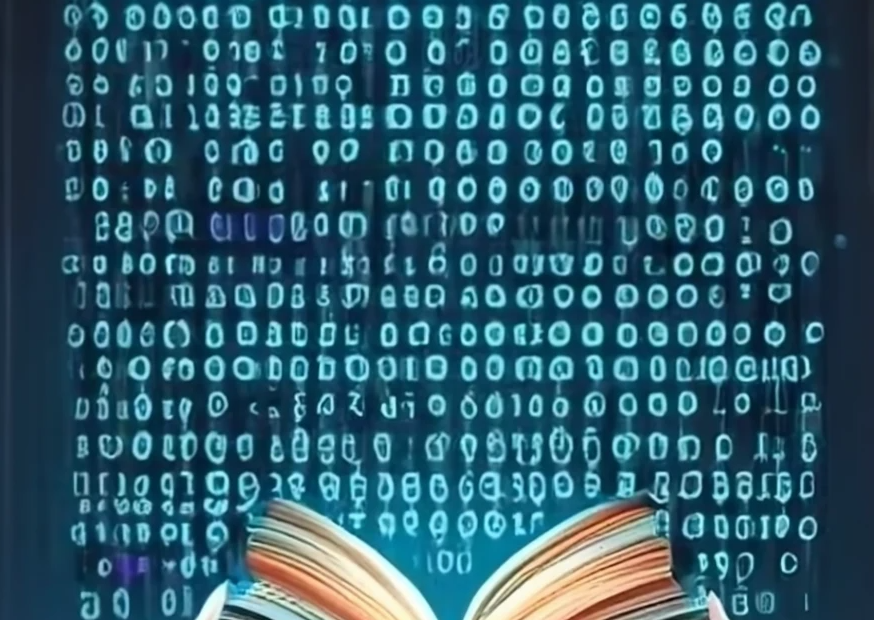
Arts Digital Research Seed Fund 2024
The Arts Digital Lab is pleased to invite applications for the Faculty of Arts Digital Research Seed Fund. We have funding capacity in 2024 to support up to five research projects. The successful projects will receive the following support: The Faculty of Arts is providing this funding to support research… Read More »Arts Digital Research Seed Fund 2024
